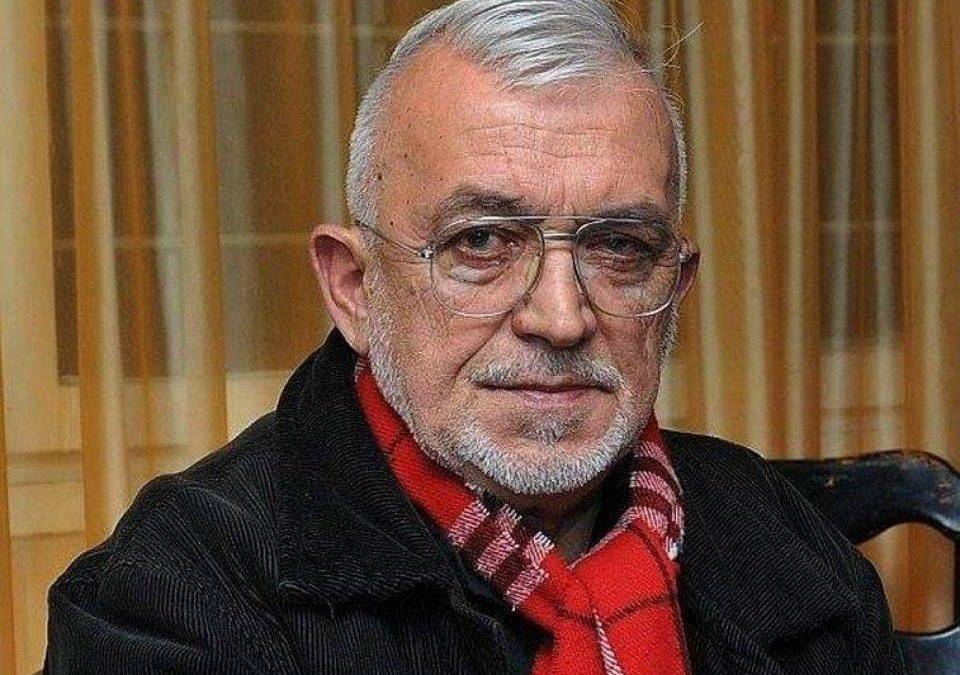
Momir Vojvodić: I believe in God and in Serbia and I am a servant of the Serbian language
"By a twist of fate, I was born in Metohija in 1939, from which I was expelled by the Arnauts, killed by the fascists in 1941, so I escaped on my father's hand at the age of two along the Rugovska gorge, protected from the Arnaut butchers by German weapons all the way to the top of Čakor, in Donje and Gornja Morača, the paradise of my childhood... I was forbidden to return to Metohija in 1946 by the communist happy-go-lucky Serbs. In Metohija, even today, all my ancestral heritage, my origins, Velmoška and Sebara's existence are still there. I ran away from Metohija twice: the first time in the time of my ancestor Duke Bogić, who escaped from the Turkish stake and rope with the growling of Arnautian fangs through Hotski Hum and Vranje in Donje Morač in 1467...", are the words of Momir Vojvodić, who passed away on March 10 2014, and born on February 18, 1939.
A REFUGEE SONNET
Nineteen forty-first
I ran away, crying, on my father's arm
From the burnt threshold, eager for breadcrumbs;
The waters and the white wolves roared
To the sluggish rambles of sad refugees;
Along with the Rugov mountains stud April rains
She read with terrified and ugly faces:
That he will never go home again
Return and light household fires,
Even after the ashes of fraternity pass away,
Not even when the wind of hatred fades away;
From the forest that my brothers still guard,
As soon as the double-beaked lightning from Prokletius son,
My father's shadow brings me back to my birthplace.
The poet Momir Vojvodić was born in Ponoševac near Đakovica, in Metohija. He completed his literature studies at the Faculty of Philology in Belgrade. He published his first verses as a high school student, then wrote in the student press. He worked as a professor. He published his poetry in all known literal magazines and newspapers. He published many books of poetry, plays and essays, as well as polemics in newspapers and magazines on the Yugoslav cultural space. His translations of Pushkin, Lermontov, Blok, Tsvetaveya, Pasternak, Akhmatova, Mandeljstam, Yesenin, Zabolotsky, and many other Russian poets are well known. He is a member of Matica Srpska — Novi Sad. He was appointed as a senator of the Republic of Srpska.
The poet Momir Vojvodić was born in Metohija, but by fate he was from Morača: "Metohija is my birthplace, and Morača is the throne of my language." He often sings about Morača in his verses and says: "Morača — Upper and Lower — is mine, both earthly and non-existent, my homeland, my base, foundation, playground, takeoff, destination, cradle of my consciousness and my eternity, my liturgy of this world and the next." . Morača, the name of the blue river from the cold, which is the name of almost all of its course, from the source under the mountains Lola and Javorje, all the way to the confluence of the Rovački rivers, Mrtvica and its others, to Međuriječje, below the Morača monastery, built in 1252. Years... Morača Lavra is a spiritual lamp that shines brighter than all light bulbs except the sun. Gornja Morača is the lush source of the Serbian vernacular of Eastern Herzegovina. I am proud to point out that from the language spring of Morača, in my lifetime, the holy Serbian language was sung by radiant Serbian poets and writers... And in Morača, there was always more faith than bread. Morača is a Serbian fugitive, a fugitive of the Serbian race free from the whips of all emperors, sultans and duges."
PHOTOS
RELATED ARTICLES
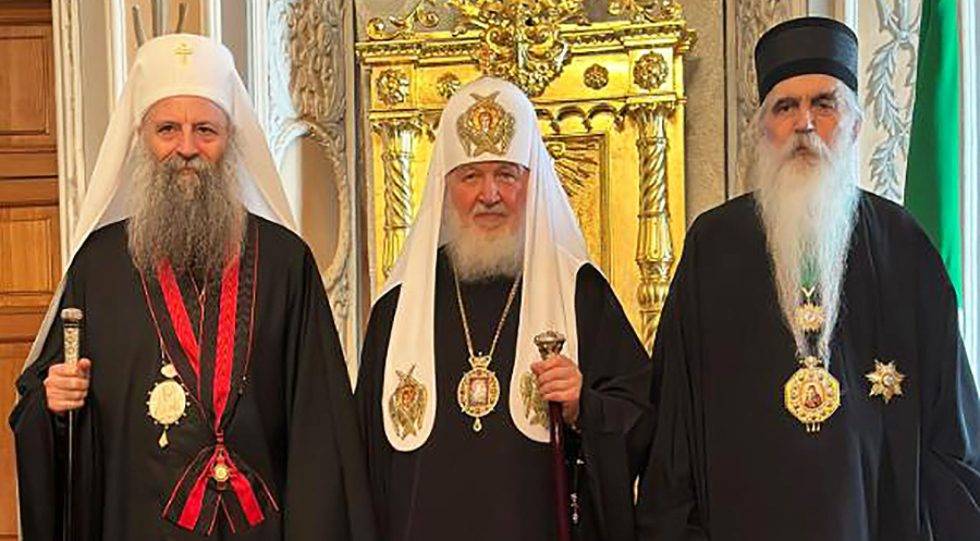
Patriarch Porphyry Awarded the Order of the Holy Equal-to-the-Apostles Prince Vladimir
After the Divine Liturgy in the Assumption Cathedral of the Trinity-Sergius...
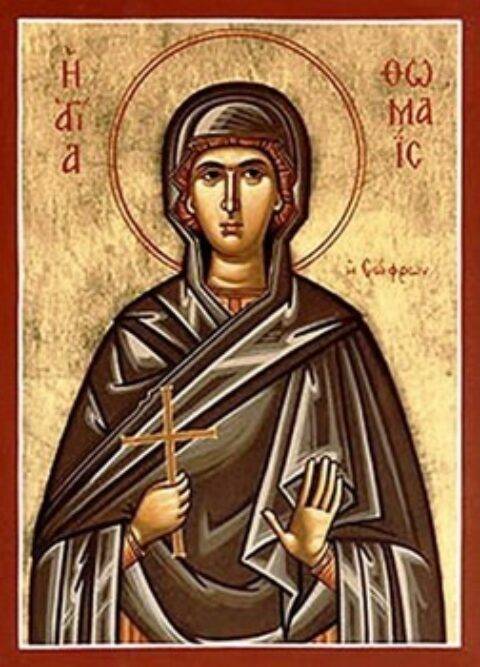
Calendar for April 26 Holy Martyr Thomais
Born in Alexandria of honorable parents; taught piety from a young age and at...
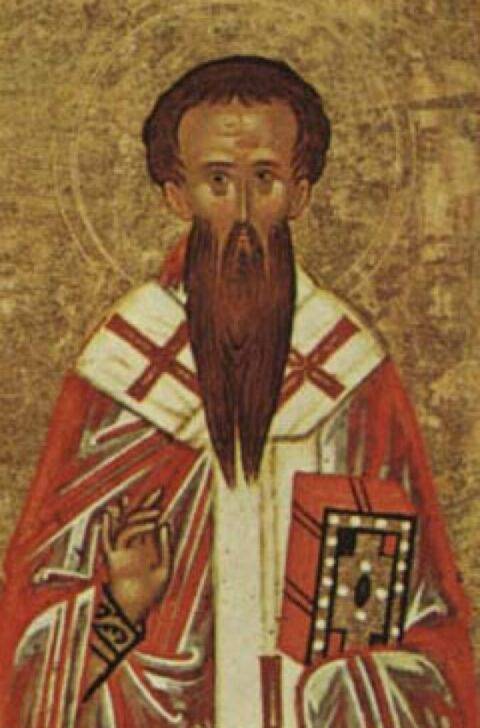
Calendar for April 25 Saint Basil the Confessor – Eastern Friday
A companion and martyr of Saint Procopius the Decapolis. Basil faithfully...


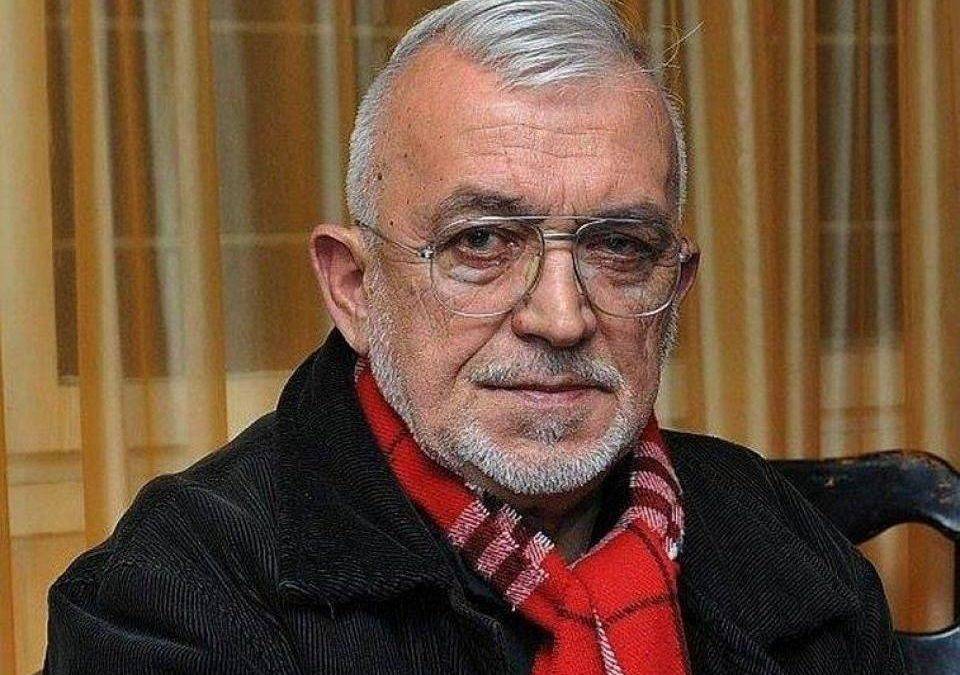

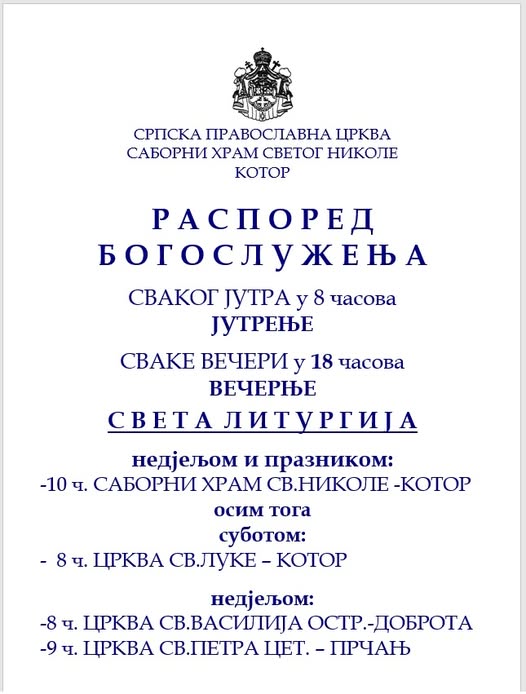
.png)